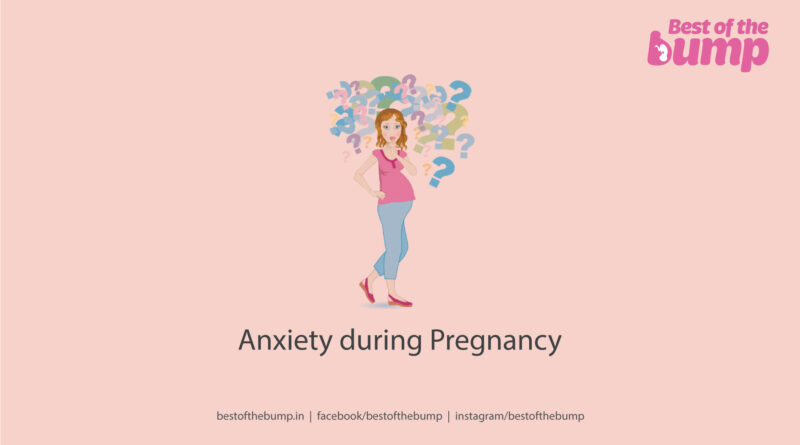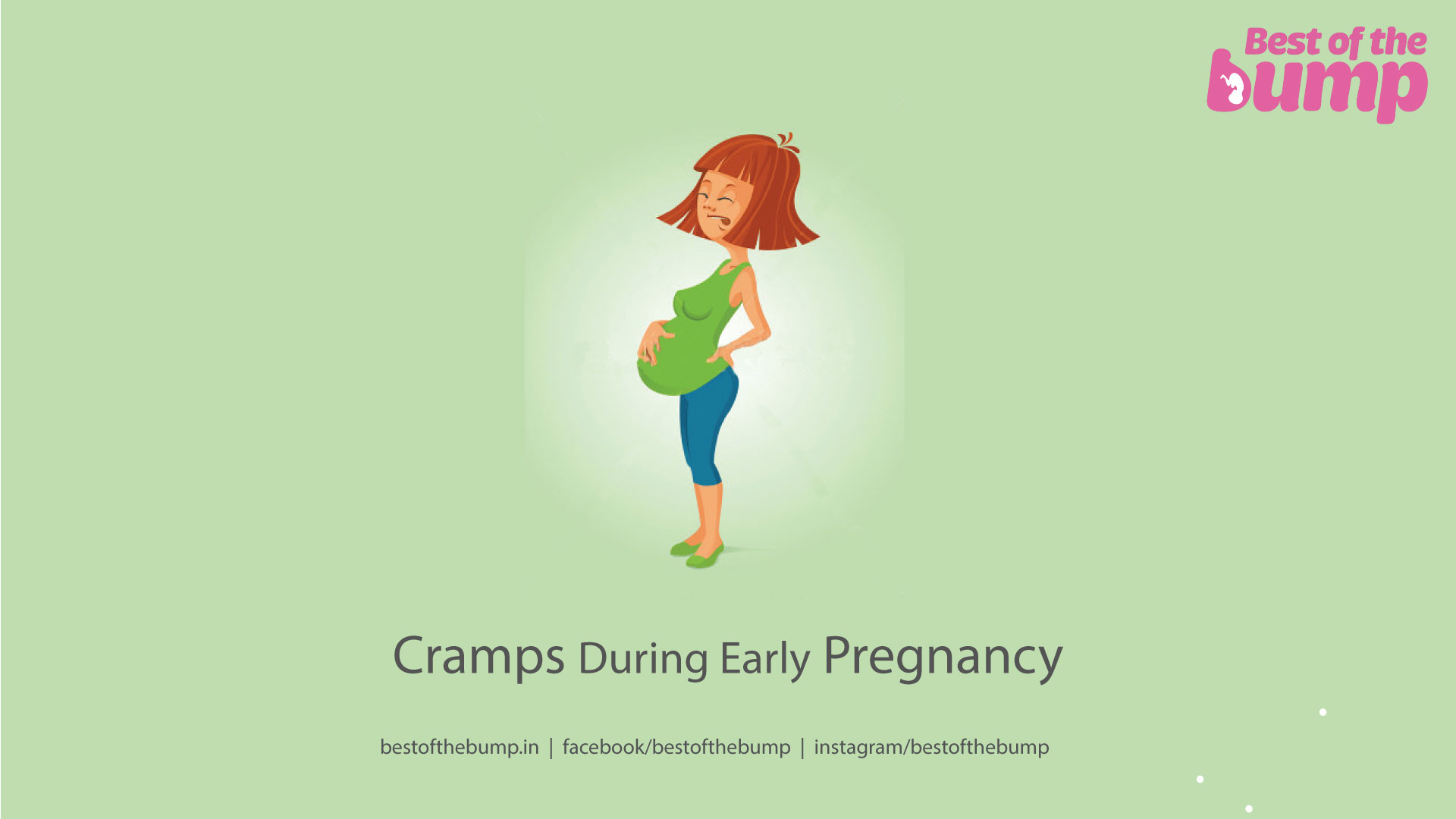Anxiety during Pregnancy
Anxiety during Pregnancy, pregnancy is undoubtedly a transformative and emotionally charged period in a woman’s life. While it’s a time of joy and anticipation, it’s also common for women to experience a mix of emotions, including anxiety. The journey to motherhood can bring about a range of worries, from concerns about the health of the baby to changes in relationships and financial considerations. Unfortunately, many women believe that enduring anxiety is par for the course and often hesitate to seek help.
However, it’s crucial to recognize that untreated anxiety during pregnancy can potentially lead to more severe episodes of postpartum depression after giving birth. By proactively addressing and managing anxiety before the baby arrives, women can significantly increase their chances of enjoying the early months of parenthood.
The Link Between Untreated Anxiety and Postpartum Depression
One of the key reasons to address anxiety during pregnancy is its potential connection to postpartum depression. The emotional rollercoaster that follows childbirth can be exacerbated by underlying anxiety that was not properly managed during pregnancy. Research has shown that untreated anxiety during pregnancy can contribute to more severe episodes of postpartum depression, impacting the mother’s well-being and her ability to care for her newborn. This highlights the importance of recognizing and managing anxiety as an essential aspect of prenatal care.
Seeking Help: Medication and Beyond
Addressing anxiety during pregnancy involves a multifaceted approach. While medication can be an option for some individuals with anxiety disorders, it’s by no means the sole solution. Therapy sessions with qualified professionals, such as psychologists, psychiatrists, or counselors, are highly recommended. These experts can assist in identifying the underlying causes of anxiety and developing a personalized plan to alleviate worries, all while teaching relaxation techniques that can prove invaluable during pregnancy and beyond.
Strategies for Managing Anxiety During Pregnancy
Nourish Your Body and Mind

Maintaining a healthy diet can play a significant role in managing anxiety. Opting for nutrient-dense whole foods like fruits, vegetables, fish, nuts, dairy, and whole grains can support a healthy gut, which has been linked to reduced anxiety levels. A well-nourished body contributes to better emotional resilience.
Stay Active for Mental Clarity
Regular physical activity, even in the form of a short walk, can lower tension and reduce the likelihood of developing anxiety or depression. Exercise releases endorphins, which are natural mood lifters, and can help maintain mental clarity during pregnancy.
Educate Yourself for Empowerment
Gaining knowledge about pregnancy and parenting can significantly boost your confidence and reduce anxiety. There’s a wealth of resources available, from books and classes to online communities, where you can connect with others who are experiencing similar emotions. Education can counteract uncertainty and foster empowerment.
Prioritize Sleep for Emotional Well-being

Sufficient rest is a cornerstone of managing anxiety. Establishing a bedtime routine that promotes relaxation can help ensure adequate sleep, which is crucial for emotional well-being. Adequate rest can have a significant positive impact on anxiety levels.
Forge Connections for Emotional Support
Building a support system is essential. Surrounding yourself with friends who are also expecting or experienced parents can provide valuable guidance and understanding. Online communities can offer a virtual space to connect with individuals who share your feelings and experiences, fostering a sense of camaraderie.
Designate Time for Relaxation

Integrating relaxation activities into your daily routine is crucial. Whether practicing yoga, indulging in music, or receiving a massage from a professional or your partner, prioritizing relaxation time can be immensely beneficial for managing anxiety during pregnancy.
Embracing Parenthood with Confidence
It’s important to remember that, despite any fears or uncertainties, you possess the innate ability to care for your baby. Trusting your instincts is key, even if you haven’t had prior experience with newborns. The foundation of love and affection you provide is the most crucial aspect of nurturing your baby. Embracing the journey of parenthood with self-assurance can make a substantial difference in managing anxiety.
Cultivating Emotional Resilience for a Positive Journey
Anxiety during pregnancy is a reality for many women, but it’s not something that needs to be faced alone or without support. Recognizing the potential impact of untreated anxiety on postpartum well-being underscores the significance of addressing these concerns proactively. Through seeking professional help, implementing self-care strategies, and fostering a positive mindset, women can effectively manage anxiety during pregnancy. By doing so, they create an environment of emotional resilience, setting the stage for a nurturing and fulfilling early experience of parenthood.




